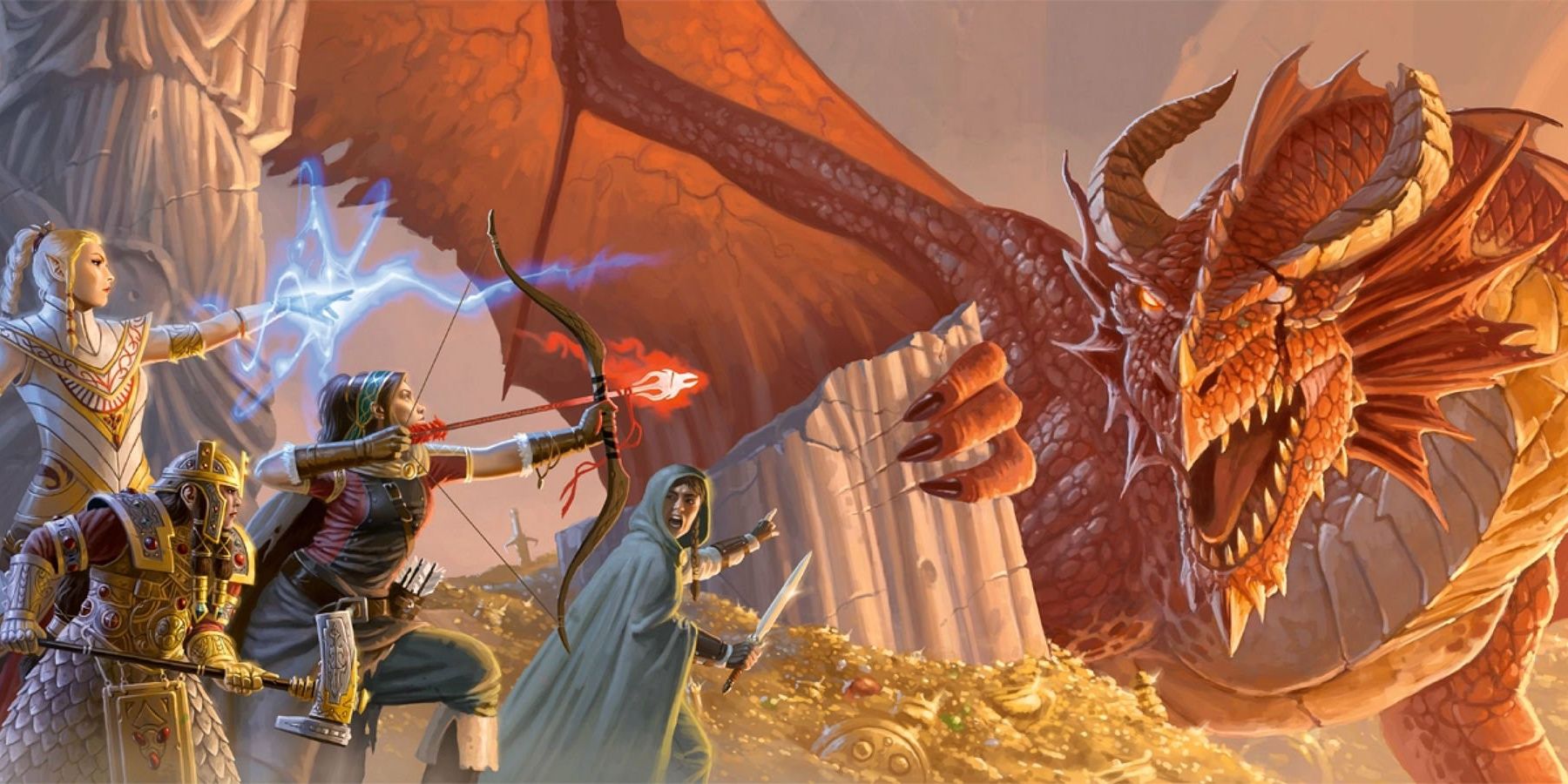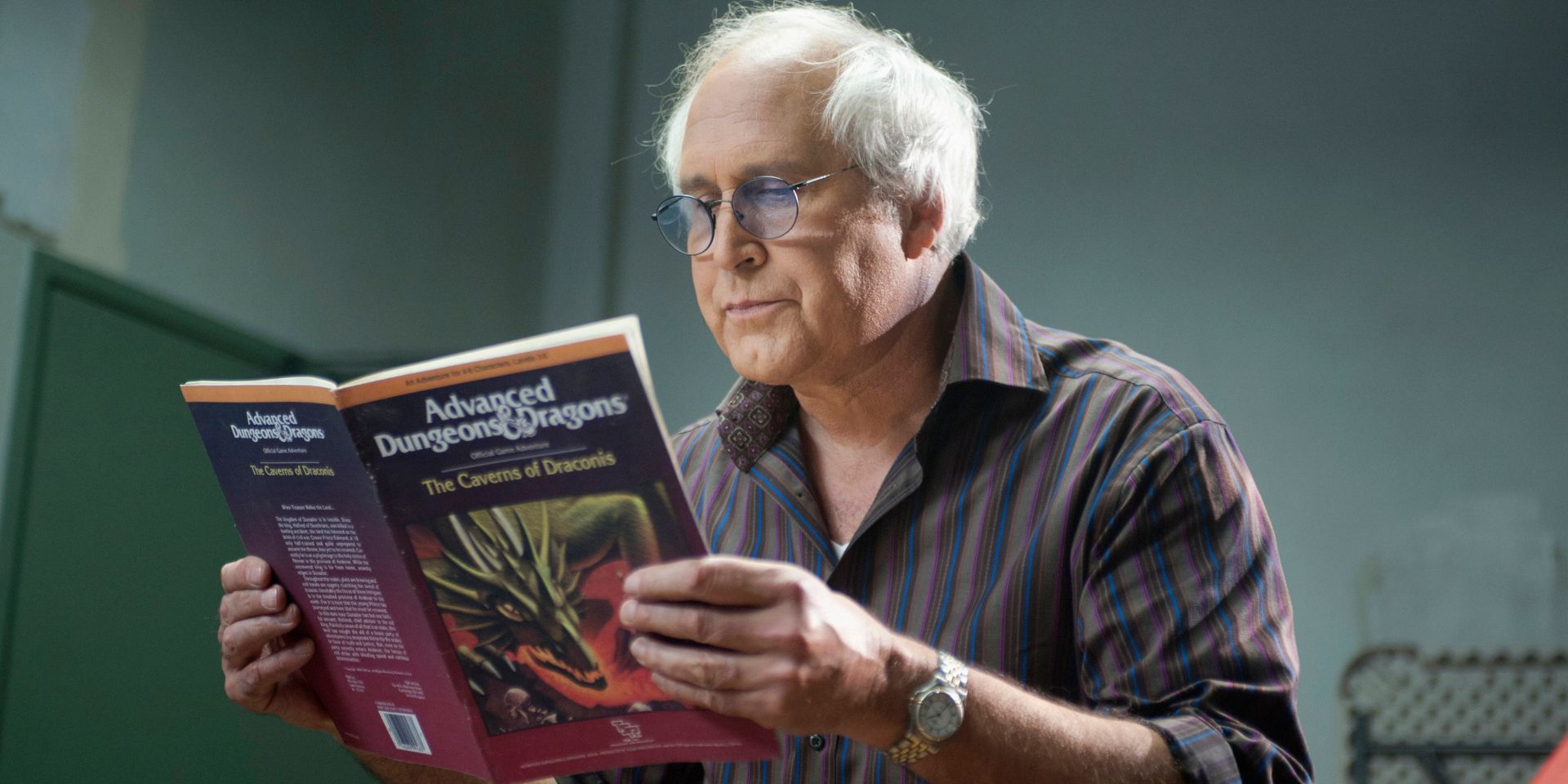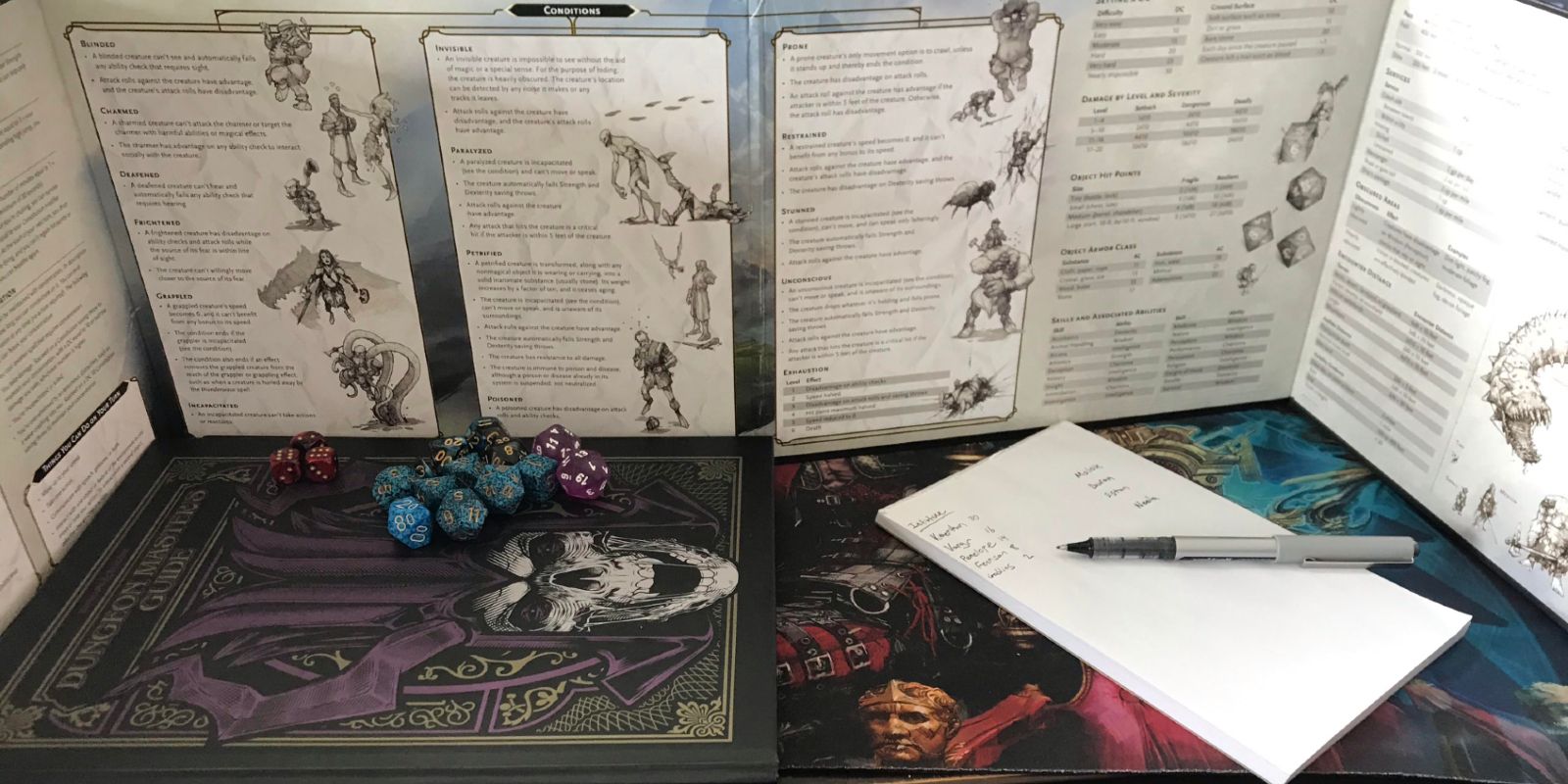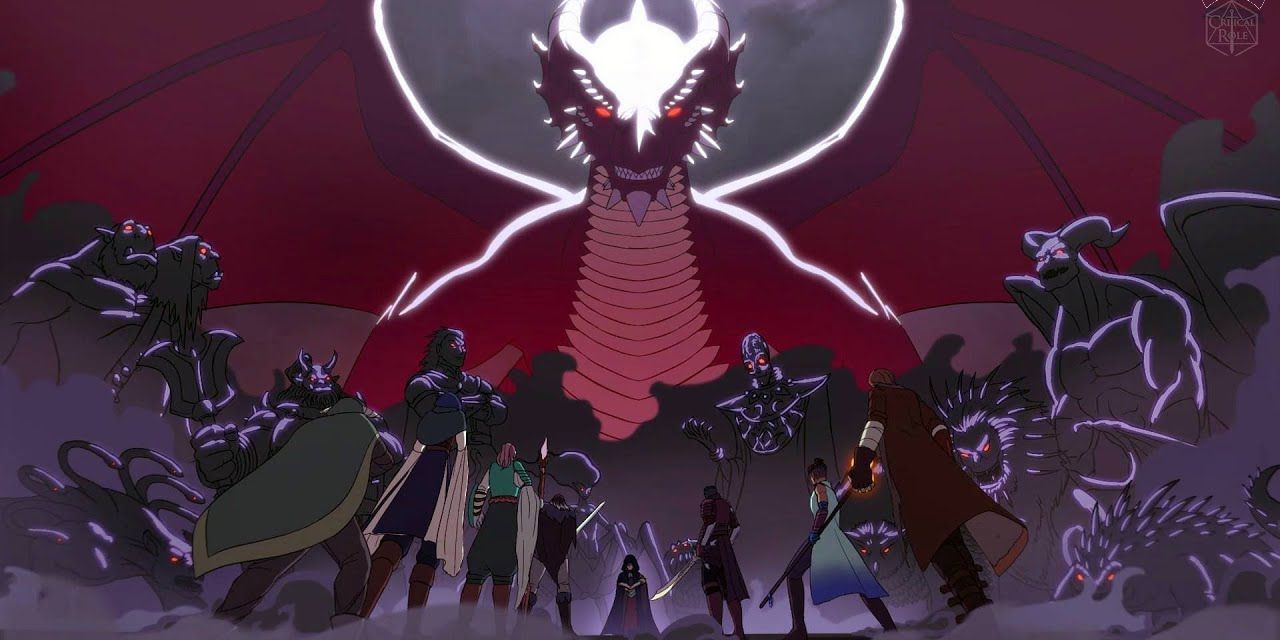If a group is new to Dungeons & Dragons, they probably have the core books and some sets of dice. Maybe they've played a few self-contained dungeons before -- but now what? Playing a standalone dungeon or even a single encounter can be a fun, short-term way to play D&D, but players might instead want a story on an epic scale -- they might want a campaign.
To run a long-form series of connected adventures for a D&D party, there are a few steps to take for preparing and executing the campaign. Here are some basic tips for building a great campaign for new players.
Get an Idea
The first thing a new Dungeon or Game Master will want to do is choose the sort of game they want to run. D&D can be a multitude of experiences and it’s flexible enough to tell almost any kind of story, including horror and mystery. Campaigns can also be heavy on the storytelling and character development, or more combat-focused. Perhaps players want to traverse the high seas or escape from deep tunnels.
The point is to choose a space that inspires the DM to create stories for their group. The space doesn't need to be complex or highly developed (a secluded village surrounded by haunted woods) and the story doesn't either (how do we get rid of these ghosts encroaching on the castle?), but DMs will want something to get started. Part of a DM's job is to keep momentum going and that is much easier if they're enthusiastic about the game to start.
Once DMs have an idea, they should bring it to the group -- this is the first but not the last time they'll consult players. Crafting a fun and healthy campaign means communicate with players and that starts here. Understand that most groups are easy to please and are just happy to play anything, but players can also be fantastic guides. If a group has no strong preferences or play-styles yet, think about what sorts of movies and literature they like for inspiration or just try a little bit of everything. As during play, the ultimate decision is the DM's to make -- but consider compromise in order to maximize fun at the table.
Session Zero
A lot of the brainstorming and communicating for a campaign is going to happen during session zero -- a meetup where the DM tells players what the campaign is about and they make characters. The main goal of session zero is to gather detailed information to make something the group will enjoy playing.
Don't overwhelm with too much world-building right off the bat: Stick to a small handout containing what players need to know and maybe a couple details about the area where the adventure begins. If the campaign has a theme such as horror, or a goal such as casting the One Ring into Mount Doom, tell players about it before they even start making characters.
Encourage discussion and questions during session zero because these will reveal where players' focus is and potentially where it would be best to dedicate brainpower. Listen and take lots of notes including names, flaws, bonds, backstories and a short list of what the heroes are capable of. This allows everyone to get on the same page and offers the DM a chance to thread characters into the campaign before it begins.
Lights, Dice, Action!
There may be some tension between the idea of running a completely "homebrewed" campaign versus the use of published adventures, but keep in mind that these two styles aren’t mutually exclusive. Even if a DM buys a fully pre-written campaign, the group will still benefit from tailoring the adventure to fit their needs and desires.
Plus, there are some awesome ideas lurking in many of the modules published over the last 46 years, so even if a DM wants to build everything from scratch, they should still consider perusing those for inspiration. Creativity is important, but there's no obligation to be original -- borrow ideas liberally from any and every source to create a robust D&D campaign.
Some DMs are great at improvising, but for most it's a skill that requires a lot of practice. The way to mitigate this is to come prepared and to stay organized. Some small ways to do this include keeping lists of names for places and people handy (Azog the Defiler is a lot more interesting than Generic Orc Chieftain), or reading and bookmarking parts of the Dungeon Master's Guide ahead of time. DMs will look like geniuses because they have material on hand to be dispensed at a moment's notice. It's better to have it and not need it than the alternative.
RELATED: Dungeons & Dragons: Finding Your Storytelling Voice
Don't worry about collectively breaking rules or making mistakes, because even DMs with decades of experience do that. In the end, having a good time and keeping the energy flowing in a campaign is way more important than knowing the rules. Modern D&D tends to be a very cooperative affair between players and DM and that attitude should carry into any campaign.
Campaigns are long-form storytelling but no matter what kind of story it is, DMs are telling it with their players, not just to them. At the start of each new session, let players recap what happened last time. Be sure to listen and keep notes about what they think is important and what they're interested in doing next. Let the players' characters explore and grow over time by working with their backstories and play-styles.
It can be fun to play a new one-shot dungeon every time a group gets together and there is nothing wrong with that, but campaigns let a group grow their ideas into something grander. Starting a campaign might seem daunting at first, but that's because we tend to look at works like Critical Role in their entirety without stopping to remember that CR began as a group of friends in Matt Mercer's living room. Creating a campaign means creating something that will never stop growing.




